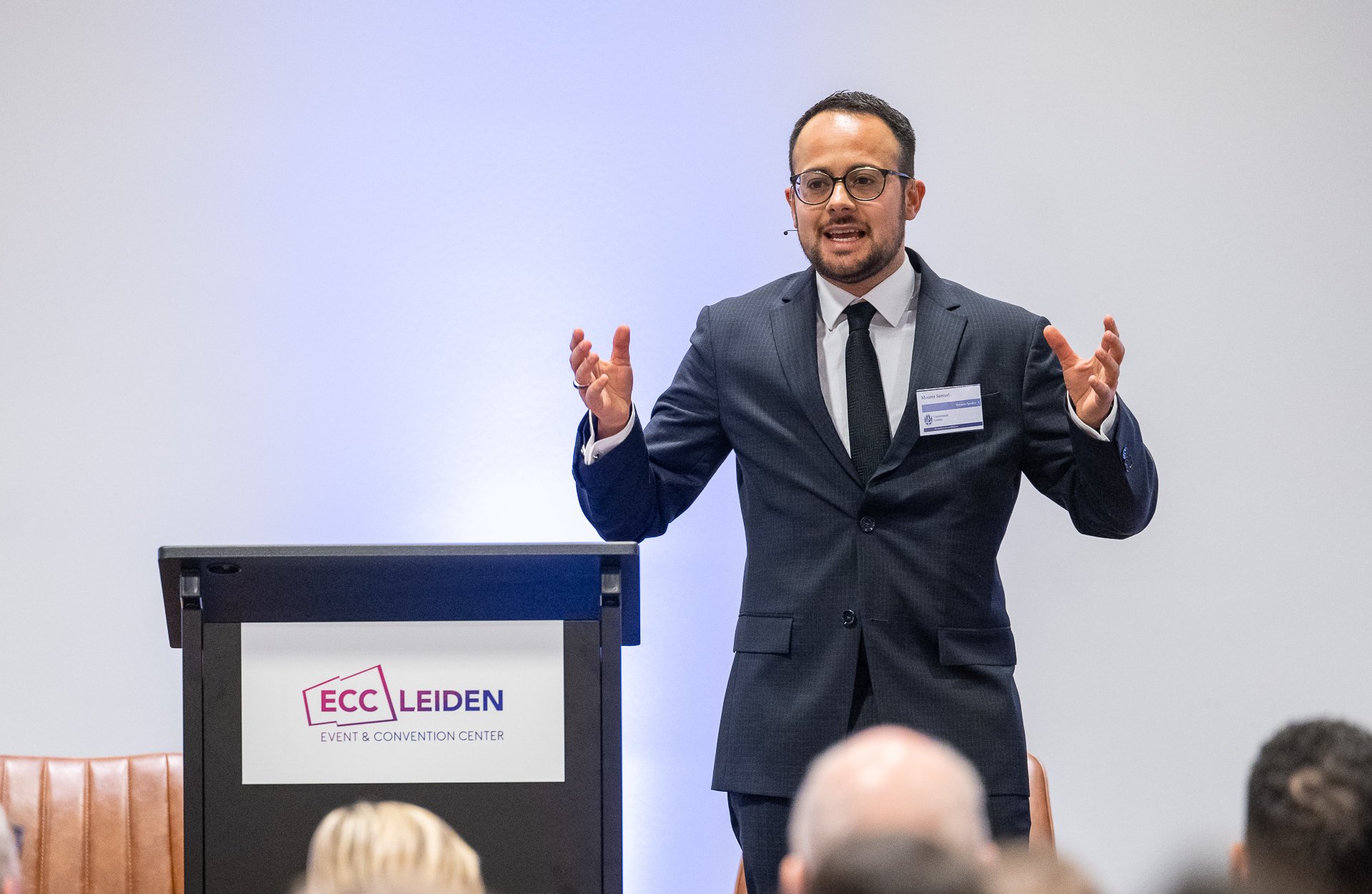Organizations still do not pay adequate attention to diversity and inclusion in their outflow policies, while exit interviews can provide a wealth of information on how the workplace is experienced and whether specific groups of employees leave more quickly or for different reasons. These insights can then be linked back to initiatives regarding inflow, throughflow and inclusion of employees for coherent, systematic and evidence-based D&I policies.
In our new handout Exit interviews: A wealth of information, Lina Senen, Naomi Ellemers, Salem Yohannes, Valentina Djoemai, Leo Euser and I summarize our research findings and provide concrete recommendations for organizational practice.
Curious to know what valuable information an exit interview provides? Click here!
In the handout, we advocate that organizations can use insights from their exit interviews to make the processes surrounding recruitment, selection and promotion of employees more inclusive and thereby improve the working climate. However, the organizations surveyed do not currently ask sufficient questions. For example, only 15% of them ask about perceived inclusion in the workplace during the exit interview, including by asking whether the employee felt safe and valued in the workplace.
For companies that want to start addressing this, recommendations are provided on how to redesign the exit interview. We formulated 12 sample questions on diversity and inclusion that can be presented to departing employees, and three points of interest are highlighted.
This guide is a product of the project Het Moet Wel Werken, a collaboration between Utrecht University, Foundation InclusieNL (Netherlands Inclusivity Monitor) and SER Diversity at work, made possible by the Goldschmeding Foundation. Visit the Goldschmeding Foundation website to found out more about the handout and the project!

















